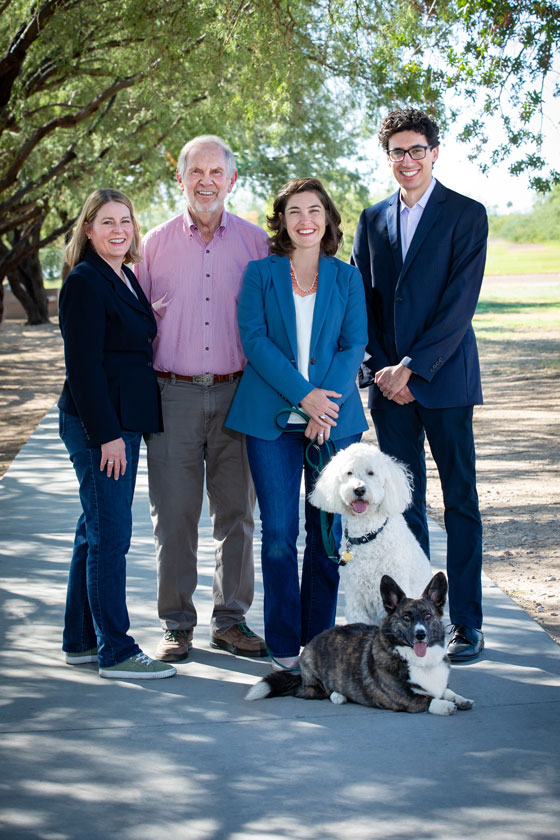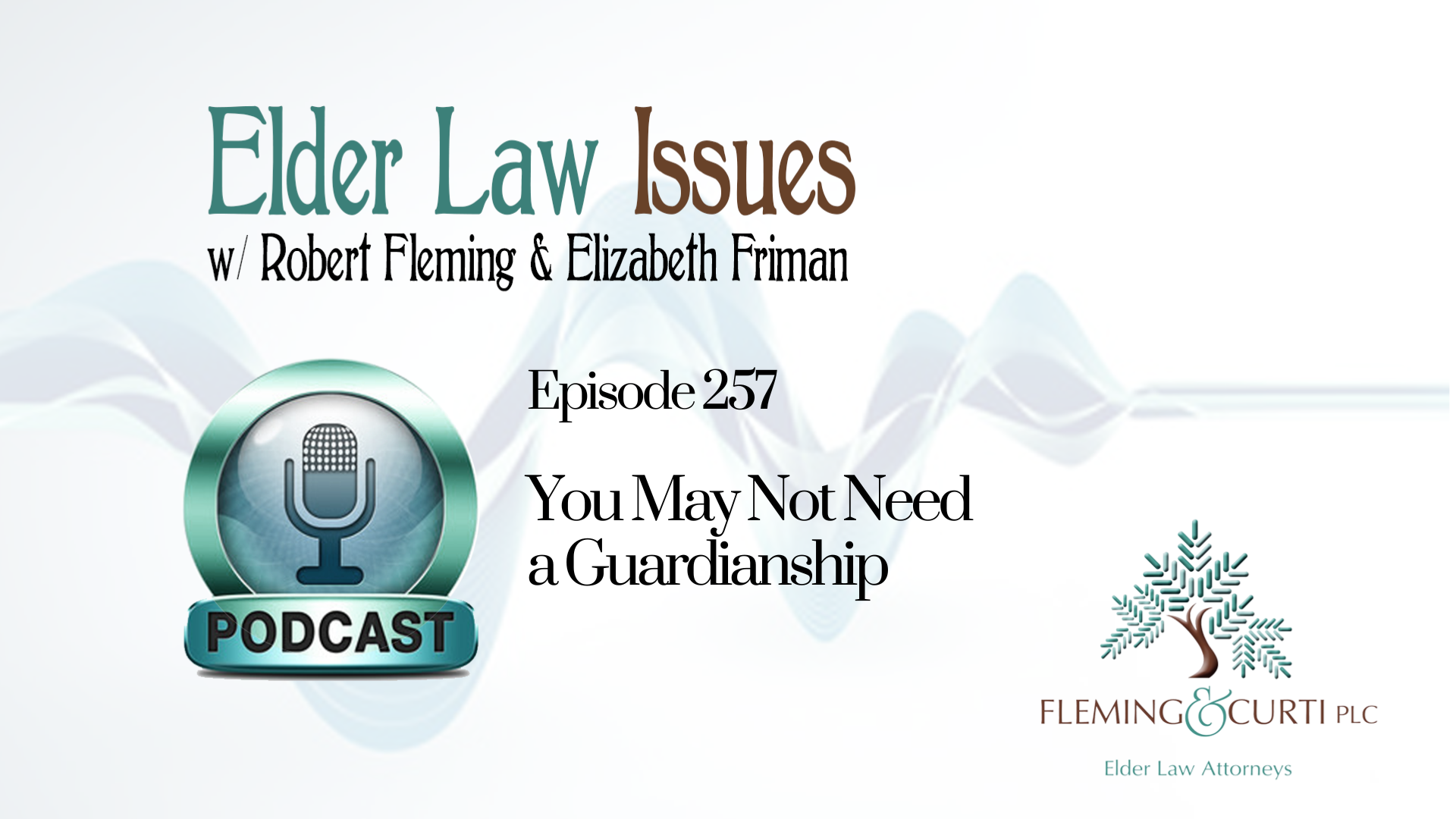Estate Administration
After someone dies it is often necessary to “administer” their estate. “Estate administration” is the process of marshalling the decedent’s property and passing it on to those who are entitled to receive it. Estates can be administered by an executor (called a Personal Representative in Arizona) or a trustee, if the decedent created a trust. The administrator gathers assets, pays debts, files tax returns and makes distributions to the beneficiaries.
Have questions about Estate Administration?
Give us a call, we are happy to discuss your options.

Many people wonder how long this process takes. The duration of an administration depends on many factors. Large and complicated estates tend to take longer to resolve, as do those with significant tax issues or uncertainty about beneficiaries (or their status). Ambiguous documents, handwritten changes and changed family circumstances can also add to the time required. The same collection of considerations can affect the cost and expenses involved.
One of the first steps in any estate administration is collecting information. The administrator must determine what the decedent owned and how it was titled, what debts or outstanding balances the decedent owed and whether estate planning documents were in place.
If there is only a will or no estate planning documents at all, a probate proceeding may be required to validate the will (or determine heirs) and appoint a Personal Representative. When a will names the Personal Representative that person will have priority. If there is no will, or if the person(s) named in the will are unable to act, the personal representative is appointed according to a priority list under state law. The probate court issues “Letters,” which give the Personal Representative the authority to handle the decedent’s probate assets.
A probated estate must follow state laws, including providing notice to heirs and creditors, and preparing inventories and accountings. Ultimately, assets are distributed to beneficiaries in accordance with either the will or state law if there is no will.
This probate process can be avoided with a trust. Trust administration unfolds much the same way, except there is usually no court involvement.


Some assets do not need to be “administered” and pass directly to beneficiaries. These can include life insurance, annuities, retirement accounts, and property titled as joint tenants with right of survivorship, and other assets that have a beneficiary designations or transfer on death (“TOD”) or pay on death (“POD”) designations.
An estate administrator also must determine whether any tax returns need to be filed and oversee their preparation. Income tax returns for the decedent may be required. And if estate or trust assets generate income during the administration, then income tax returns for the estate or trust may also be needed. Clients often are concerned about estate taxes; Arizona has no state estate tax, and the federal estate tax applies once an estate of a single person exceeds the amount of the federal estate-tax exclusion, which varies each year.
During the estate planning process, it is important to carefully consider who might be the best candidates to administer your estate. Keep in mind that maintaining good records can make their job a lot easier. If you are tasked with the job of administering an estate, we would advise you to consult with an attorney so that you are informed about your duties and obligations, as well as the liabilities that you assume when you undertake this fiduciary responsibility.
I need help with:
How we're different

- Chris T
Podcasts
Subscribe to our Newsletter
Subscribe to our newsletter to get our takes on some of the situations families, seniors, and individuals with disabilities find themselves in. These posts help guide you in the decision-making process and point out helpful tips and nuances to take advantage of. Enter your email below to have our entries sent directly to your inbox!



